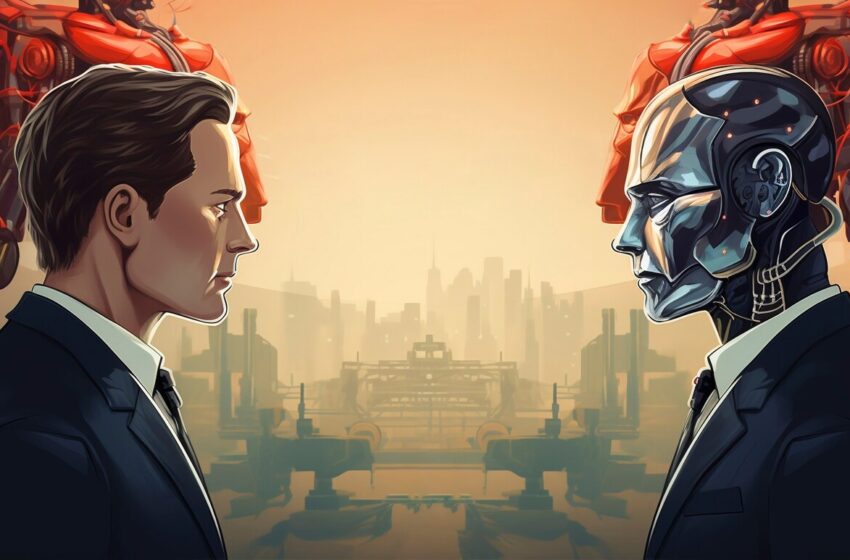
The Impact of Artificial Intelligence on Economic Inequality and Workforce Dynamics
The advent of artificial intelligence (AI) has ushered in a new era of technological innovation, transforming industries, reshaping workforce dynamics, and raising profound questions about economic inequality. As AI systems become increasingly sophisticated, their impact on the labor market and broader economic structures becomes more pronounced, presenting both opportunities and challenges. This article explores how AI is influencing economic inequality and workforce dynamics, highlighting the need for strategic responses to ensure equitable outcomes.
AI and the Workforce: Disruption and Opportunity
AI’s integration into various sectors has led to significant shifts in workforce dynamics. Automation, powered by AI, can perform tasks ranging from routine data entry to complex decision-making processes, affecting jobs across the spectrum. While AI-driven automation brings efficiency gains and cost reductions, it also poses the risk of job displacement. Occupations that involve repetitive or predictable tasks are particularly vulnerable, raising concerns about unemployment and underemployment in certain sectors.
However, AI also creates opportunities for job creation and workforce transformation. New roles emerge in AI development, machine learning, data analysis, and cybersecurity, among others. Furthermore, AI can augment human capabilities, enhancing productivity and enabling workers to focus on creative, strategic, and interpersonal tasks that AI cannot replicate.
Economic Inequality: Widening Gaps
The impact of AI on economic inequality is multifaceted. On one hand, AI-driven growth can generate wealth and improve living standards. On the other hand, the benefits of AI are not evenly distributed, potentially exacerbating existing inequalities. The risk is that AI amplifies the divide between high-skilled workers, who can leverage AI for increased productivity and innovation, and low-skilled workers, who face job displacement and declining wage prospects.
Moreover, the concentration of AI technology and expertise in a handful of corporations and countries can lead to increased economic centralization, with significant implications for global inequality. The wealth generated by AI-driven innovations tends to accrue to those who own the technology and intellectual property, highlighting the need for policies that ensure a fair distribution of the economic gains.
Navigating the Transition: Education and Policy Interventions
Addressing the challenges posed by AI to workforce dynamics and economic inequality requires proactive education and policy interventions. Education systems must adapt to the changing labor market, emphasizing skills that AI cannot easily replicate, such as critical thinking, creativity, and emotional intelligence. Lifelong learning and retraining programs are crucial for enabling workers to transition to new roles and industries.
Policy interventions are also essential to mitigate the adverse effects of AI on economic inequality. This includes social safety nets for displaced workers, progressive taxation policies to redistribute wealth, and investments in public goods and services that benefit society as a whole. Additionally, fostering an inclusive AI economy requires policies that encourage innovation and competition, preventing the monopolization of AI technologies.
The Role of Ethical AI and Corporate Responsibility
The ethical development and deployment of AI are critical for minimizing negative impacts on workforce dynamics and economic inequality. This involves designing AI systems that are transparent, accountable, and aligned with societal values. Corporations play a significant role in this process, as their investment decisions and business practices shape the development and application of AI technologies. Corporate responsibility initiatives that prioritize ethical AI and equitable outcomes can contribute to a more balanced economic future.
Conclusion
The impact of artificial intelligence on economic inequality and workforce dynamics is profound, presenting both challenges and opportunities. As AI continues to evolve, the need for strategic education and policy responses becomes increasingly apparent. By fostering an environment that promotes equitable growth, supports workforce transitions, and emphasizes the ethical use of AI, society can harness the benefits of AI while minimizing its risks. The path forward requires collaboration among governments, businesses, and communities to ensure that AI serves as a force for economic inclusion and social progress.















